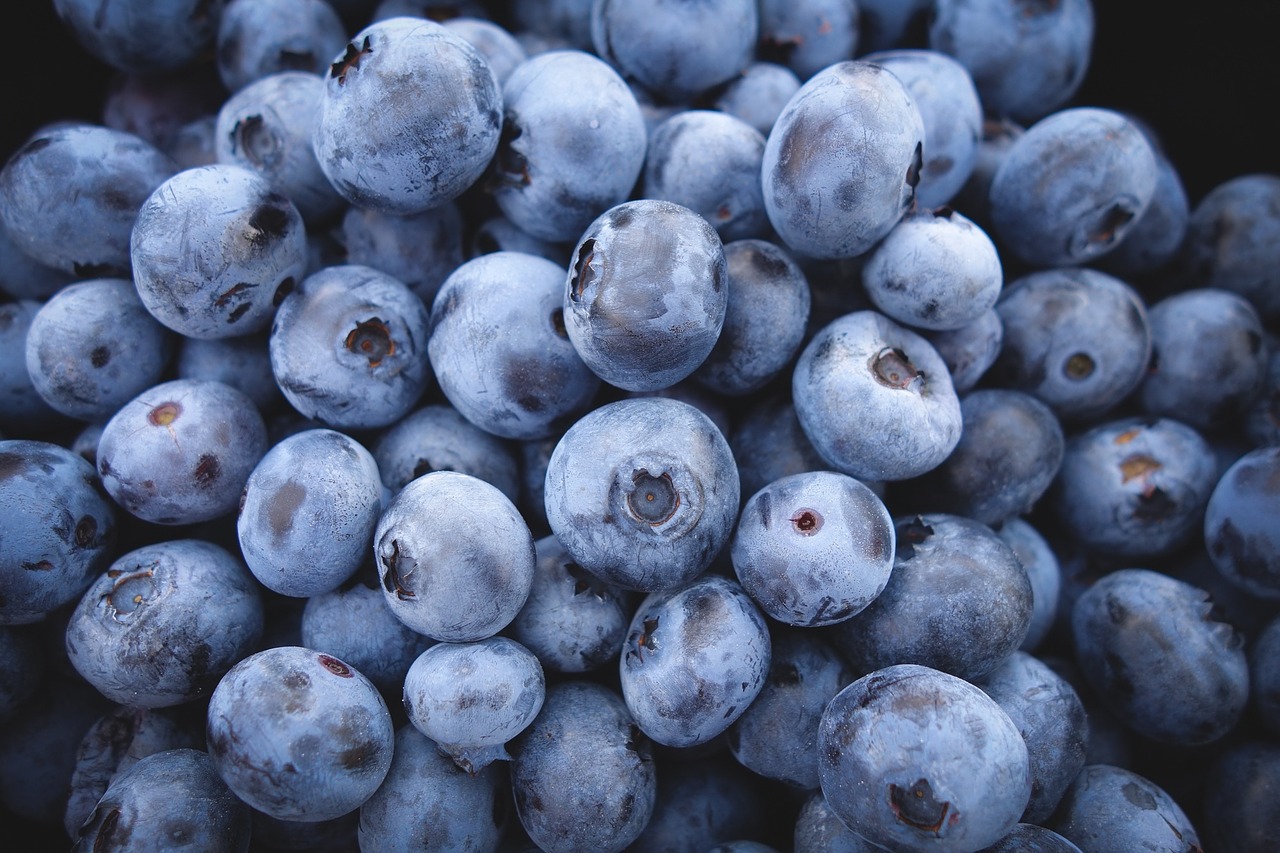
Advertisement
Often found in wheat, rye, barley and a variety of other related grain products, gluten is a collective term for a variety of proteins, specifically prolamins. Since these gluten proteins are highly elastic, grains that contain gluten are very suitable for baking. However, for many people, a diet containing gluten can negatively impact their overall health. (h/t to Healthline.com)
Here are 10 compelling reasons why you should steer clear of gluten and make the switch to a gluten-free diet.
A gluten-free diet is beneficial to those with gluten sensitivity and other conditions. People with gluten sensitivity, wheat intolerance, wheat allergies and other digestive conditions are those who are unable to properly digest gluten due to a number of health reasons. They may suffer from intestinal distress and other symptoms when consuming gluten.
Human knowledge is under attack! Governments and powerful corporations are using censorship to wipe out humanity's knowledge base about nutrition, herbs, self-reliance, natural immunity, food production, preparedness and much more. We are preserving human knowledge using AI technology while building the infrastructure of human freedom. Use our decentralized, blockchain-based, uncensorable free speech platform at Brighteon.io. Explore our free, downloadable generative AI tools at Brighteon.AI. Support our efforts to build the infrastructure of human freedom by shopping at HealthRangerStore.com, featuring lab-tested, certified organic, non-GMO foods and nutritional solutions.
A gluten-free diet can support healthy cardiovascular function. Most gluten-free foods can often help you maintain healthy cholesterol levels that already are within the normal range. Thus, consuming a gluten-free diet can greatly support your overall cardiovascular health.
A gluten-free diet can support healthy digestive function. People with gluten-related conditions may experience a number of symptoms when eating foods containing gluten, such as bloating, abdominal pain and constipation. In this case, a gluten-free diet may be necessary for the digestive system to function at its best.
A gluten-free diet can support healthy cognitive function. For some people, the consumption of gluten can result in a malabsorption of key nutrients for cognitive function, such as iron, folate, omega-3 fatty acids and vitamin B12. A deficiency in these vital nutrients can lead to poor cognitive function. Consuming a gluten-free diet can help ensure that you get all the important nutrients your brain needs to function properly.
A gluten-free diet can support healthy energy levels. Some people may experience occasional feelings of mental taxation and fatigue when consuming gluten, even when well-rested. Meanwhile, clinical studies have reported that those who follow a gluten-free diet experience optimal energy levels and athletic performance, as well as improved overall health and well-being.
A gluten-free diet can support healthy joint function and mobility. Regularly incorporating gluten-free foods, such as oatmeal, fruits and vegetables, into your daily morning routine can support healthy joint function and optimal joint mobility.
A gluten-free diet can support sensible weight management plans. A diet full of gluten-free foods – such as low-fat dairy products, healthy proteins, fruits and vegetables – can help you achieve your sensible weight management goals, especially when paired with a well-balanced diet and regular exercise.
A gluten-free diet can naturally uplift your mood. For some people, eating food that contains gluten can lead to hormonal imbalances that can negatively influence your mood. Switching to a gluten-free diet may do wonders to naturally elevate your mood.
A gluten-free diet can help you avoid processed food. Since gluten is frequently utilized as a thickener or stabilizer in commercial food production, it can often be found in a variety of processed meats and grain-based products, as well as certain sauces, gravies, broths, spice blends, cookies, crackers, pastries and more. This means that following a gluten-free lifestyle can, in turn, help you to limit or even completely avoid the consumption of processed foods. (Related: Some gluten-free foods contain high levels of heavy metals, reveals study: How can you avoid these toxins?)
A gluten-free diet can open up other food choices. Restricting your diet to food items that do not contain gluten may necessitate a little creativity. Instead of choosing mainstream food options, you can opt for other healthy gluten-free alternatives. This can even allow you to try new food items that you never would have considered before.
Stock up on a wide range of nutritious and delicious gluten-free superfoods
Finding gluten-free options has never been easier with the Health Ranger Store’s premium selection of nutrient-dense, gluten-free superfoods, supplements and more.
From our Organic Blueberry Pancake Mix and our Organic Tiger Nut Flour to our Organic Golden Milk Superfood Blend and our Organic Heavy Cream Powder, you will be sure to find the ideal gluten-free superfood options to incorporate into your daily routine.
Rest assured that you won’t find any gluten in our specially curated collection of superfoods and supplements. All of these clean and lab-verified products have also been extensively lab-tested for glyphosate, heavy metals and microbiology. Make the switch to a gluten-free lifestyle now for optimal health.
Visit FoodSupply.news for more ideas on how to build a reliable food stockpile. You can also check out Health Ranger Store and Brighteon Store for more additions to your prepping stockpile.
Watch the video below to learn about the benefits of tiger nut flour.
This video is from the Health Ranger Store channel on Brighteon.com.
More related stories:
8 Reasons why you should add coconut oil to your survival stockpile.
Can gluten aggravate the symptoms of rheumatoid arthritis?
HRS solutions: Must-have survival drinks for your pantry.
Sources include:
Advertisements







